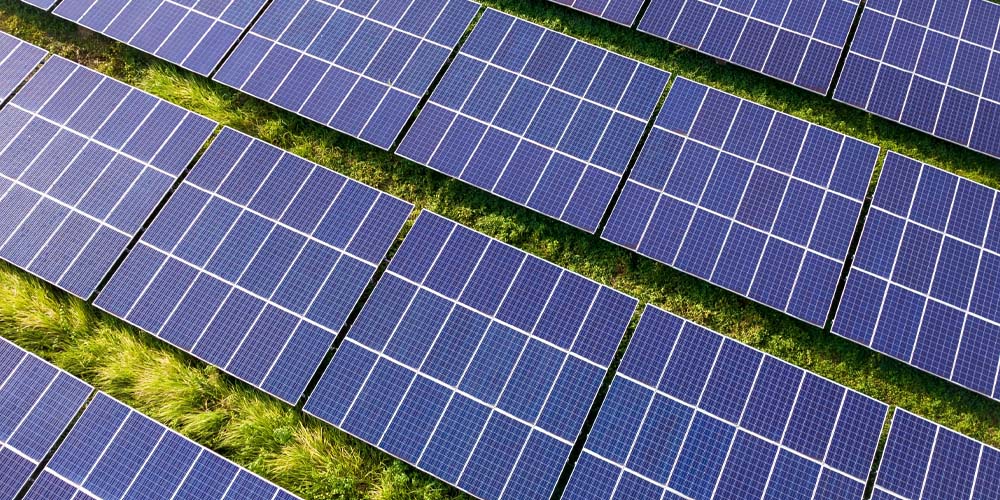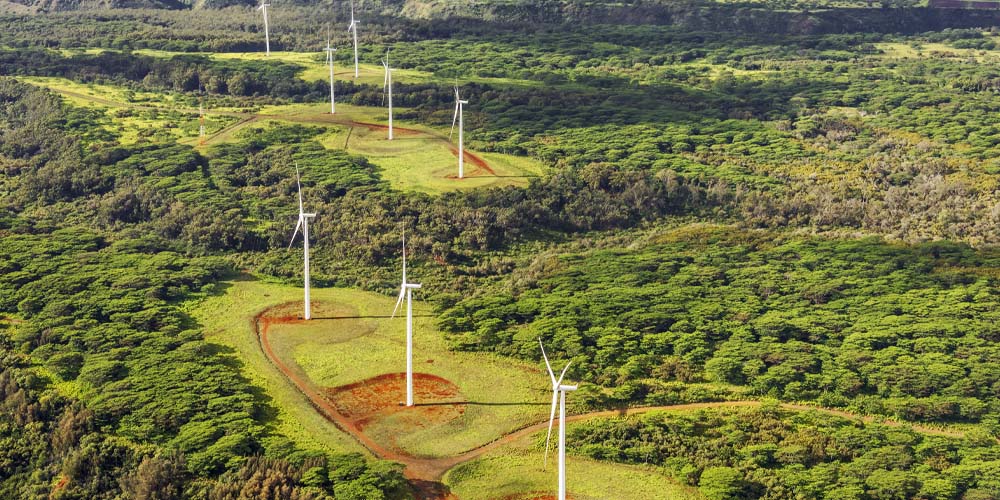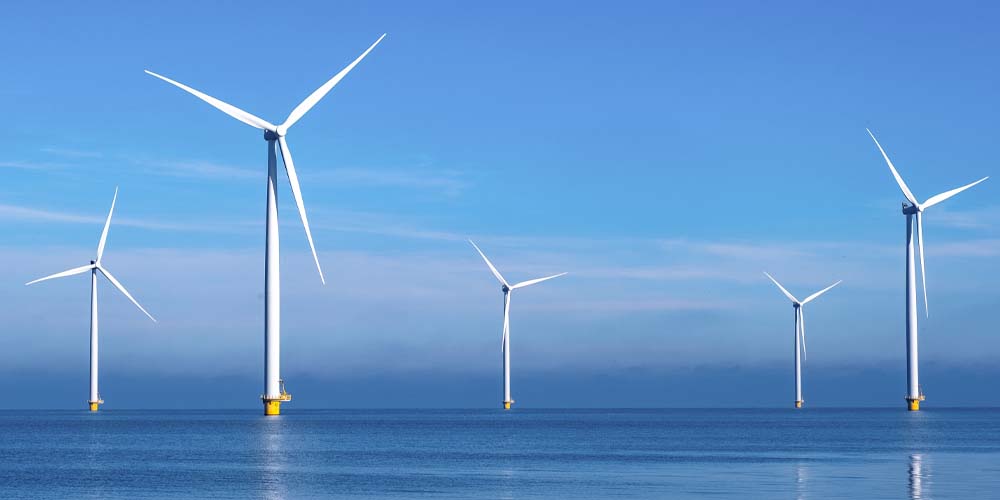Statewide Energy Survey
Cross-Sector
Anthology Research
Renewable Energy
Since its inception in 2009, Ulupono Initiative has been investing in and advocating for more renewable energy projects in the state.
These projects have helped to reduce Hawaiʻi’s dependency on fossil fuels, while contributing to reaching the state’s energy and decarbonization goals.
Community acceptance plays a big role in the development of large-scale renewable energy projects, especially on islands that have limited land. Therefore, Ulupono decided to test long-standing assumptions around public perception/acceptance of renewable energy projects.
In 2023, Ulupono commissioned what is believed to be the most extensive and complete public opinion survey on the topic of energy in Hawaiʻi. The survey was designed to rank how residents favorably perceive various forms of energy technologies. Results of the survey can offer vital insights for shaping Hawai‘i’s energy future together with Hawai‘i’s communities.
About the survey
Anthology Research conducted surveys via telephone and online forms between October 5, 2023, and January 24, 2024.
A total of 1,985 surveys of full-time Hawaiʻi residents, ages 18+
- 880 on Oʻahu
- 544 on Hawaiʻi
- 341 in Maui County
- 220 on Kauaʻi
Energy technologies asked in the survey:
- Fossil fuels
- Utility-scale solar
- Land-based wind
- Offshore wind
- Hydroelectric
- Geothermal
- Biomass
Geothermal
47%
Statewide strongly or somewhat support
| Statewide | Oʻahu | Hawaiʻi | Maui County | Kauaʻi | |
|---|---|---|---|---|---|
| Strongly or somewhat support | 47% | 47% | 55% | 40% | 40% |
| Neutral | 27% | 28% | 24% | 25% | 25% |
| Strongly or somewhat oppose | 26% | 24% | 21% | 35% | 35% |

Support for geothermal increases when potential electricity bill savings increase
| Savings | $30/mo. | $65/mo. | $98/mo. |
|---|---|---|---|
| Statewide | ↑19% | ↑30% | ↑35% |
| Honolulu County | ↑18% | ↑29% | ↑36% |
| Hawaiʻi County | ↑21% | ↑32% | ↑40% |
| Maui County | ↑18% | ↑30% | ↑34% |
| Kauaʻi County | ↑21% | ↑31% | ↑40% |
Environmental impact was the most important factor in support of geothermal
| Statewide | Oʻahu | Hawaiʻi | Maui County | Kauaʻi | |
|---|---|---|---|---|---|
| Will not harm the environment | 48% | 47% | 53% | 43% | 58% |
| Will reduce the cost of electricity | 29% | 30% | 24% | 26% | 28% |
| Is supported by the community | 16% | 16% | 17% | 21% | 10% |
| Will create jobs | 7% | 7% | 6% | 11% | 4% |
Utility-scale Solar
64%
Statewide strongly or somewhat support
- Kauaʻi – 74% strongly or somewhat support
- Hawaiʻi – 70% strongly or somewhat support
- Oʻahu – 62% strongly or somewhat support
- Maui County – 63% strongly or somewhat support

Wind Farms – Land-based and Offshore
Land-based wind farms
64%
Statewide strongly or somewhat support
- Hawaiʻi – 74% strongly or somewhat support
- Oʻahu – 63% strongly or somewhat support
- Maui County – 62% strongly or somewhat support
- Kauaʻi – 54% strongly or somewhat support


Offshore wind farms
58%
Statewide strongly or somewhat support
- Oʻahu – 59% strongly or somewhat support
- Hawaiʻi – 58% strongly or somewhat support
- Maui County – 54% strongly or somewhat support
- Kauaʻi – 48% strongly or somewhat support
Fossil Fuels
29%
Statewide strongly or somewhat support
- Oʻahu – 32% strongly or somewhat support
- Maui County – 25% strongly or somewhat support
- Hawaiʻi – 23% strongly or somewhat support
- Kauaʻi – 23% strongly or somewhat support

Key Takeaways
91% Statewide
of respondents supported expansion of renewable energy resources in Hawaiʻi
- Hawaiʻi – 93% strongly or somewhat support
- Oʻahu – 90% strongly or somewhat support
- Maui County – 91% strongly or somewhat support
- Kauaʻi – 91% strongly or somewhat support
More Findings
- Hawaiʻi residents view utility-scale solar and wind farms most favorably
- Hawaiʻi residents most supportive of construction of solar farms in their towns
- When questioned about who is responsible for this energy expansion, the majority (63-66%) said that residents must contribute in some way, while about one-third (32-36%) believed it was the government’s responsibility
- Residents in all counties placed high importance on the development of Hawaiʻi's own (energy) resources
- Impact on electricity bills was identified as a significant factor in gaining community support
- Fossil fuel plants ranked least favorable by wide margin

